Kissinger warns of WWI-like situation unless US, China stop escalating threats
The United States and China must cease escalating threats against each other or there will a situation similar to World War I, warns former US Secretary of State Henry Kissinger.
As President Richard Nixon’s national security adviser, Kissinger helped engineer the first official visit by an American delegation to China, which was ultimately followed by a Nixon trip to Beijing, leading to the US resuming a cooperative relationship with the country after a long period of diplomatic isolation.
On Wednesday afternoon, the famed diplomat said the US must realize that it can no longer achieve “unilateral superiority” in economic and technological strength, warning rising tensions between the two countries over a number of issues could ultimately result in a disastrous, kinetic war.
“Our leaders and [China’s] leaders have to discuss the limits beyond which they will not push threats, and how to define that,” Kissinger said in a virtual discussion with Federal Reserve Bank of New York President sponsored by the Economic Club of New York.
He went to say that these talks must be designed in such a way so that they can be carried out over a long period of time, across administrations of both parties.
“You can say this is totally impossible, but if it is, we will slide into a situation similar to World War I,” he added.
He said during the years prior to the outbreak of war in the summer of 1914, the conventional wisdom then, as today, was that war between the great powers was inconceivable.
Despite world leaders at that time not taking the threat of war seriously, they were simultaneously building military capabilities and strategies that made it more liable.
There are parallels to that technological race and the one happening these days, as Washington and Beijing compete for unassailable dominance in domains such as artificial intelligence.
Instead of striving for such dominance, Kissinger argued that we should “think of an economic world in which no other country should be able to blackmail us, but where that objective is not designed in such a way that all potential technological capabilities in other countries have to be confronted and reduced.
“This is a big challenge for any administration, and it’s not a partisan challenge, it’s a historic challenge because we can’t review it every four to eight years, and if we cannot get clear in our own country about this, we can’t deal with other countries,” he added.
The United States has long held an anti-China posture, but it has been significantly ramping up tensions with the country in recent months.
Relations between China and the United States have hit their lowest point in decades amid aggressive US posturing over trade, technology, Taiwan, Hong Kong, human rights, the South China Sea and the coronavirus.
Storms destroy 90 percent of displacement tents in Gaza, authorities say
VIDEO | Press TV's news headlines
VIDEO | The political project behind a billion-dollar fortune
Egypt says it rejected huge financial offers to accept Palestinian displacement
VIDEO | Iran launches 3 satellites into orbit aboard Russian Soyuz rocket
Ukrainian forces should retreat from Donbas for peace to happen: Russia
Abu Obeida: Masked Hamas spokesman who became voice of Gaza’s resistance
Qassam Brigades confirms martyrdom of its spokesman Abu Obeida


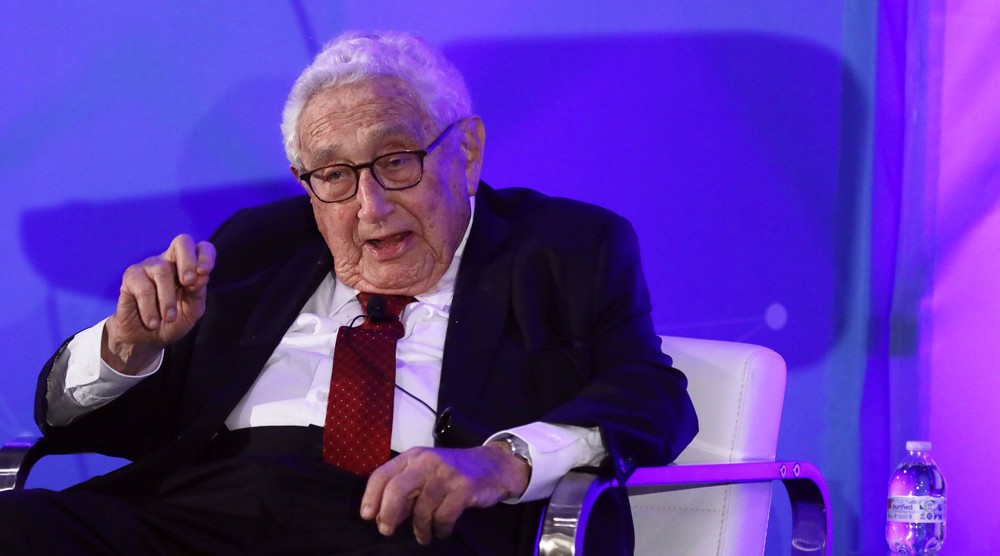

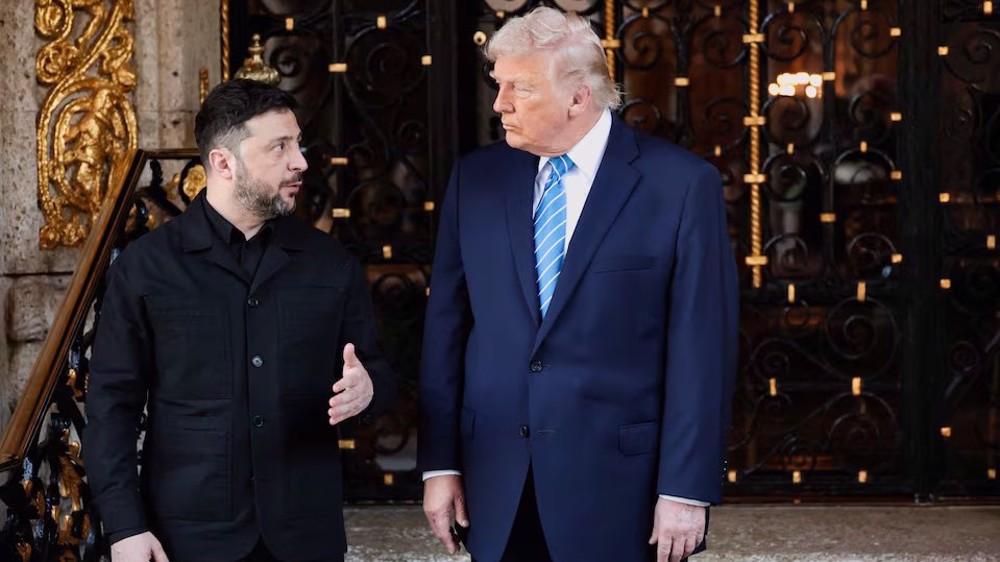
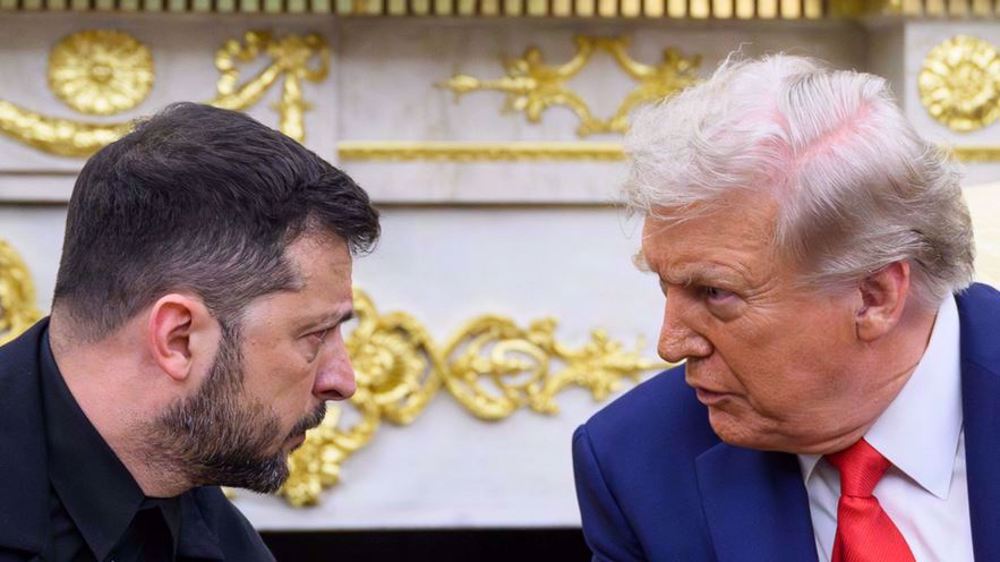
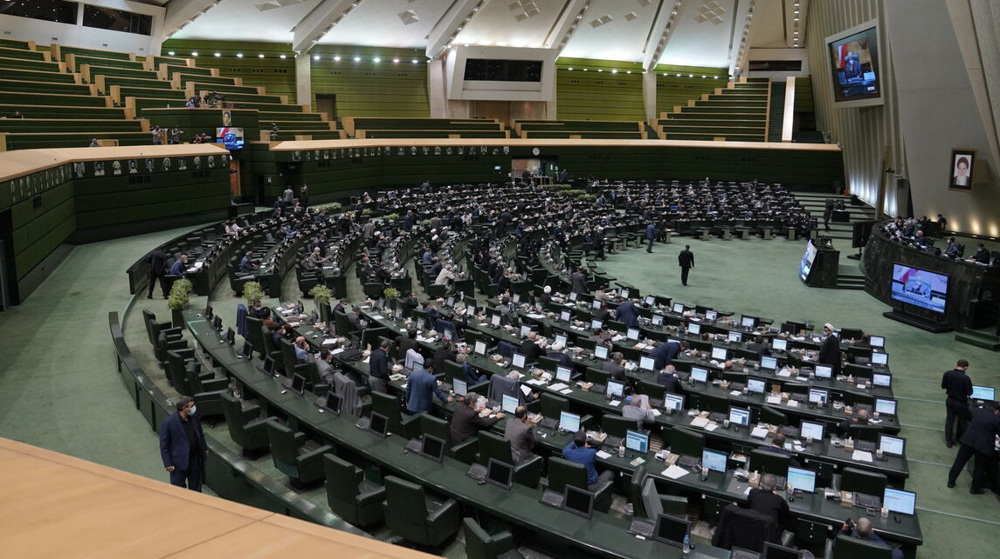





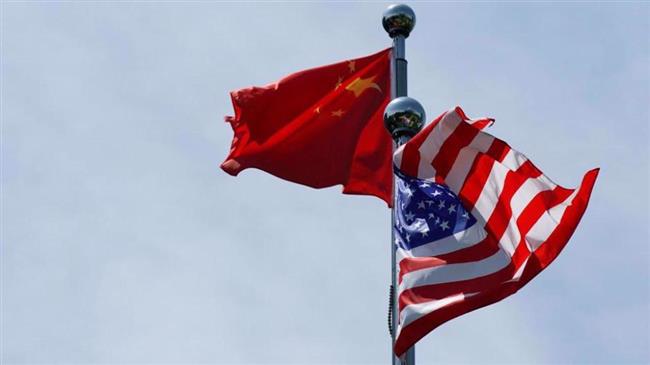



 This makes it easy to access the Press TV website
This makes it easy to access the Press TV website